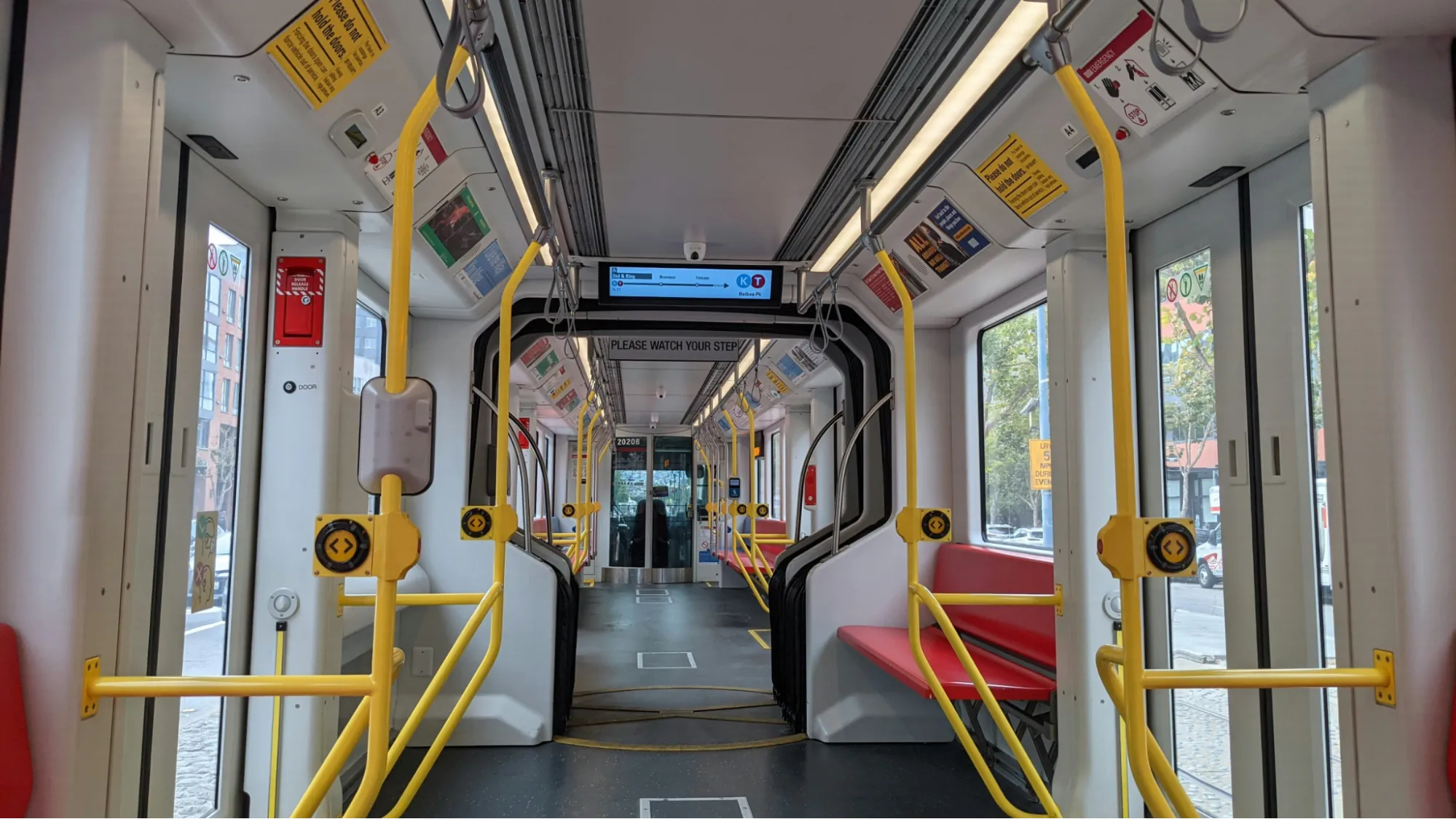
San Francisco’s Muni system is finally seeing progress on fare compliance. A new report from SFMTA shows that fare evasion is down, inspections are up, and revenue per rider is increasing—all thanks to a smarter, more visible enforcement strategy.
The Facts
Since July 2024, SFMTA has nearly doubled fare inspections and cut fare evasion by 30 percent. Transit Fare Inspectors are more efficient than ever, with productivity up 86 percent compared to last year. Revenue per rider has grown by 6 percent, and single-ride payments are increasing faster than ridership.
They’re also planning more weekend and subway checks, a “Don’t Be a Dodger” ad campaign, and upgraded Clipper 2.0 tap-and-go payments to make paying easier and more consistent across the system. Inspectors now carry handouts about free and discounted fare programs and are trained in de-escalation, ensuring enforcement is fair and equitable.
The Context
Fare revenue once made up more than 15 percent of Muni’s budget. Today, it’s just 7 percent. That drop is due to a combination of lower ridership, frozen fares, and widespread fare evasion. Riders have reported confusion, payment barriers, and the belief that skipping payment has no real consequences.
SFMTA responded by rethinking how and where inspectors are deployed—and by making enforcement more visible to riders. The early results show that this new approach is working, and that a thoughtful, consistent presence on the system can change behavior.
The GrowSF Take
Fare enforcement is working—and we support it. It’s improving fairness, boosting revenue, and showing that smart public policy can deliver results.
But let’s be clear: fare enforcement alone won’t solve Muni’s money problems. The extra $5 million expected from increased compliance is tiny compared to the agency’s $322 million budget deficit. It’s not even close.
If we want a world-class transit system, we need to treat this like the crisis it is. That means bold structural reforms and long-term, stable funding. Fare enforcement helps—but it’s nowhere near enough.
Generate a Personalized Email to the Board of Supervisors
To:
Sign up for the GrowSF Report
Our weekly roundup of news & Insights